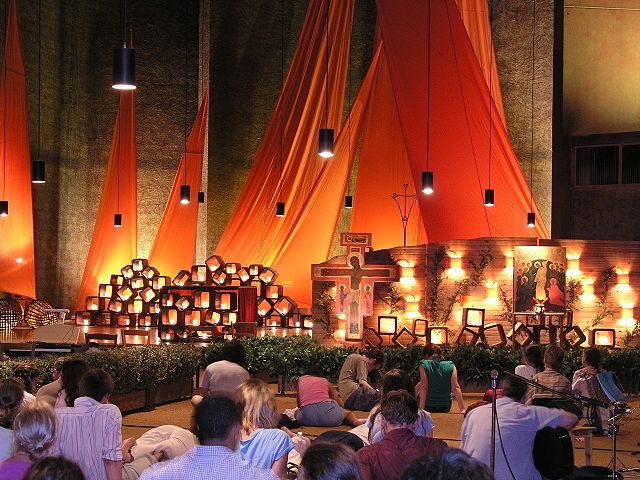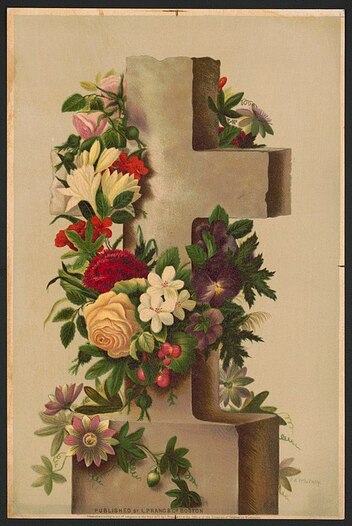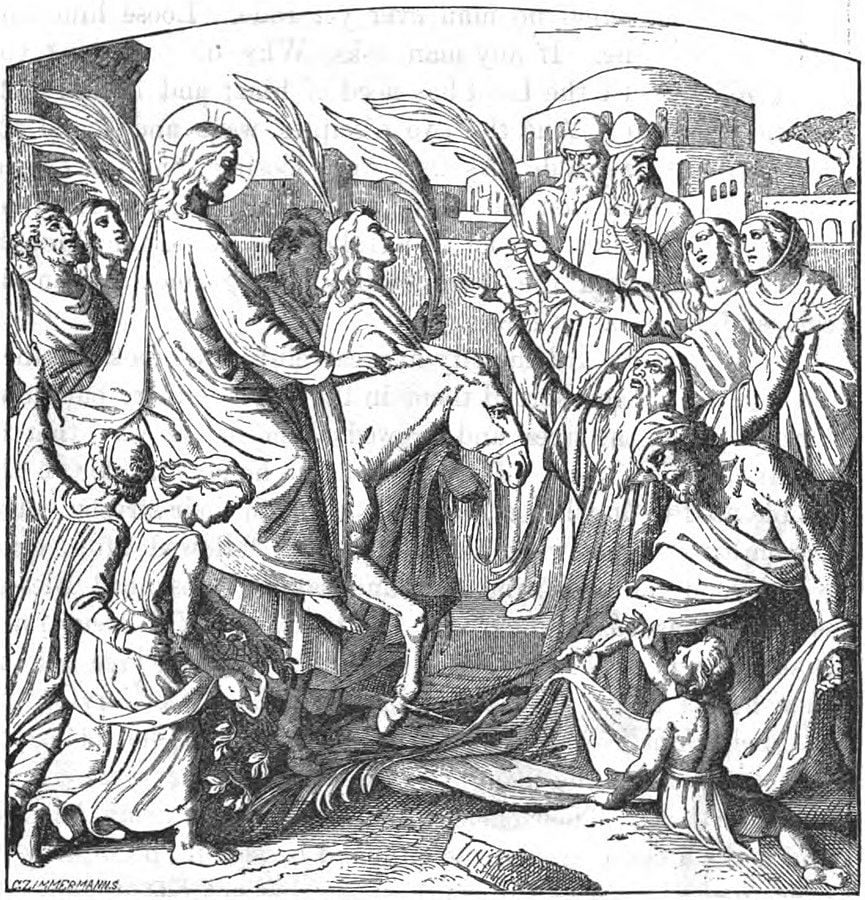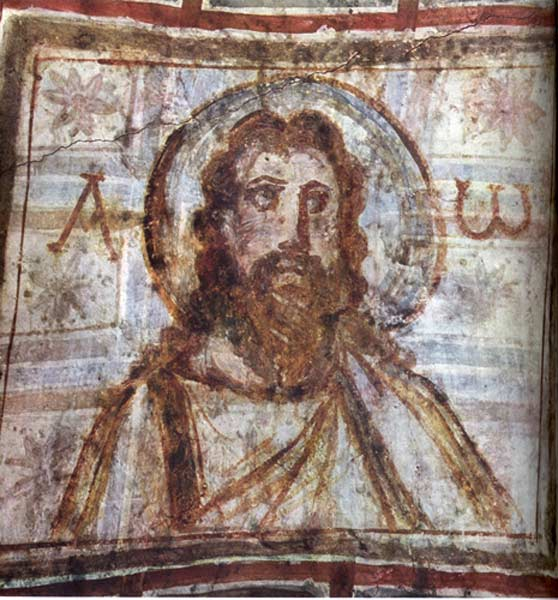|
This Sunday, a Taizé-inspired worship experience will be offered at all three of our services: a cantor-led service at 9:00 a.m. & 6:00 p.m., and the 11:00 a.m. choral service led by the Chancel Choir.
The Taizé Community in France is the center of an ecumenical movement that incorporates prayer, meditative chants, silence and simplicity. Founded in 1940 by Brother Roger, the Taizé style of worship is recognizable to both Protestants and Catholics in its application of scriptural readings, song, and communion. The hauntingly beautiful chants draw the faithful from all over the world inviting all to enter together into the mystery of God's presence. Each chant will be sung several times in order that our meditation upon the words may become a song of prayer and an invocation to the Spirit. We hope that your hearts and minds will be opened so that you may speak and listen to God. Let us celebrate the resurrection together this Sunday in prayerful reflection and meditation upon that first Easter so long ago. We ask that you enter the sanctuary in silence so that the services may be a time of meditation and prayer.
0 Comments
The Triduum begins with a two-part service this Maundy Thursday: the commemoration of the Lord's Supper leading into the Office of the Tenebrae (Latin for darkness).
"Le Banquet celéste" (the celestial banquet) is an impressionistic work by Olivier Messiaen based on the words of John 6.56: "He that eateth my flesh and drinketh my blood dwelleth in me and I in him." Composed in 1928, it was Messiaen's first published piece and was meant to connote the sense of eternity present in the Eucharist, reflecting his devout Catholic faith. "Choral dorien" by Jehan Alain closes the service as a musical meditation: serene, mysterious, and hopeful. The Chancel Choir will offer a setting of "Ubi Caritas" (where charity and love are, God is there), the traditional antiphon for Maundy Thursday used at the washing of the feet rite. A beautiful setting of "O vos omnes" by Spanish Renaissance composer and priest Tomás Luis de Victoria will be sung by the Chamber Choir near service's end. Based on Lamentations 1.12, this text is commonly used for Holy Week rites and specifically as part of the Holy Saturday Tenebrae Responsories. On Easter Sunday we will be joined by the Plymouth Brass in joyful hymns, Handel's infamous "Hallelujah Chorus" and an exceptional Chancel Choir anthem by Joel Martinson, "Three Days Had Passed." The Chamber Choir will lead us into the Call to Worship with the introit "Whom Do You Seek" by Roy Stewart. The Plymouth Ringers will also be on hand as we celebrate the Resurrection with Easter hymns during communion. The organ works will be decidedly French with the monumental "Chorale No. 3 in A Minor" by César Franck opening the service. It is a fifteen minute work that could be interpreted as two themes, Life and Death, dancing around each in battle with the chorale theme (Life) winning in the end. This was Franck's last organ work, completed in the year of his death in 1890. The service concludes with the majestic and wonderfully dissonant "Acclamations" from Jean Langlais' "Suite Médiévale". It is based on a two-note chant melody with the text, Christus Vincit (Christ Victorious). At the 6pm service, we'll have a Dixieland Easter! On this Palm Sunday marking the entrance of Jesus into Jerusalem, organ works of solemn procession will be heard. The "Cortege et Litanie" by Marcel Dupre opens the morning services. A cortege is a solemn procession, usually one involving the casket of the deceased. The musical theme depicting this action is followed by the litany motive. Coupled together, this work is often used by organists on Palm Sunday, Robert Hughes' grand Recessional send us out into the world. The Chancel Choir reminds us of the passion narrative commonly associated with Palm Sunday in Handel's "Surely He Hath Borne Our Griefs," a famous chorus from the seminal work Messiah.
In this week's reading, Jesus foretells his death.
Music to reflect the gravitas of this revelation to his followers can be found in Samuel Barber's Adagio for Strings, in an arrangement for organ by William Strickland. Upon the Cross Extended by Camil van Hulse continues the solemn affect as we near Holy Week. The Chancel Choir offers "Trust the Seeds" by Elizabeth Alexander, set to her original poem about nurturing the seeds of faith, entrusting their growth to God. The Threshold Choir will also join the morning services. They are part of a national movement to offer solace and comfort to those on the threshold of life through song. Their songs of peace and tranquility will be a welcome offering to all of us this Sunday morning. |
Details
|





 RSS Feed
RSS Feed